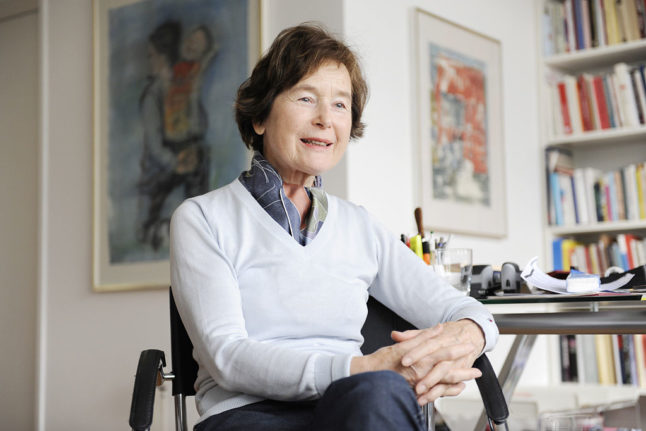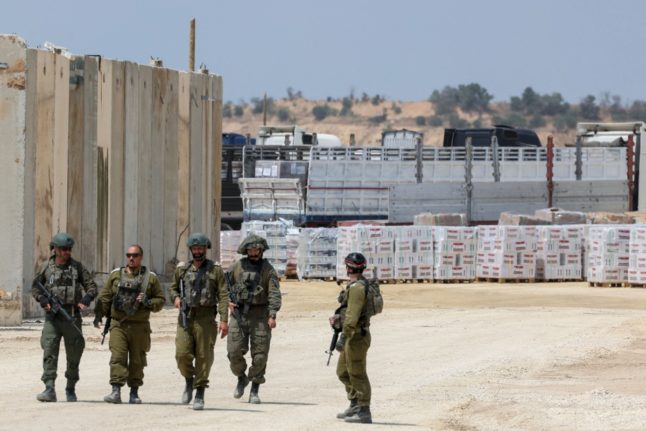Kopp was elected on October 2nd, 1984, to the seven-member Federal Council government of Switzerland – one of the last countries in Europe to allow women to vote in national elections.
She served as the justice and police minister until she was forced to quit in January 1989 over the ‘Kopp affair’ – one of the biggest political scandals in Switzerland.
Kopp died on April 7, “following a long illness”, the government said.
“The Federal Council has learned with great sadness of the death of Elisabeth Kopp at the age of 86,” it said.
“The first woman to sit in the Swiss government, she notably worked in favour of the status of women.”
Her election to the Federal Council was “An important date […] in the evolution of the status of women in Switzerland – 13 years after the introduction of women’s suffrage,” it added.
READ ALSO: A foreigner’s guide to understanding Swiss politics in five minutes
Kopp, who came from the canton of Zurich, studied law in the city and committed herself to democracy and human rights following the Hungarian Revolution of 1956.
She also championed environmental protection and equal rights.
Kopp began her political career aged 34 as a local councillor in the town of Zumikon, outside Zurich.
A member of the centre-right Free Democratic Party, she was elected to the National Council, the lower chamber of parliament, in 1979.
She became the FDP deputy leader in 1984 before lawmakers voted her into government.
Under intense media pressure, she was forced to resign in 1989 for having telephoned her husband to get him to step down immediately as vice-president of Shakarchi Trading – after getting wind of its alleged involvement in money laundering.
Her actions triggered an outcry.
Kopp always denied any moral or legal wrongdoing.
She was accused of having violated official secrecy rules but was acquitted by the Federal Court in 1990.
The affair inspired several books and a detective film. She initially retired from public life but later returned to speak out on subjects close to her heart, encouraging women to enter politics.
READ ALSO: From climate to immigration: What are the big questions dividing Switzerland?
The second woman government minister was Ruth Dreifuss in 1993. She became Switzerland’s first woman president in 1999. The year 2010 saw the first majority of women among the seven Federal Councillors.
Three of the current government ministers are women.
Justice Minister Elisabeth Baume-Schneider said on Friday that Kopp was “a pioneer for women in politics”.



 Please whitelist us to continue reading.
Please whitelist us to continue reading.
Member comments